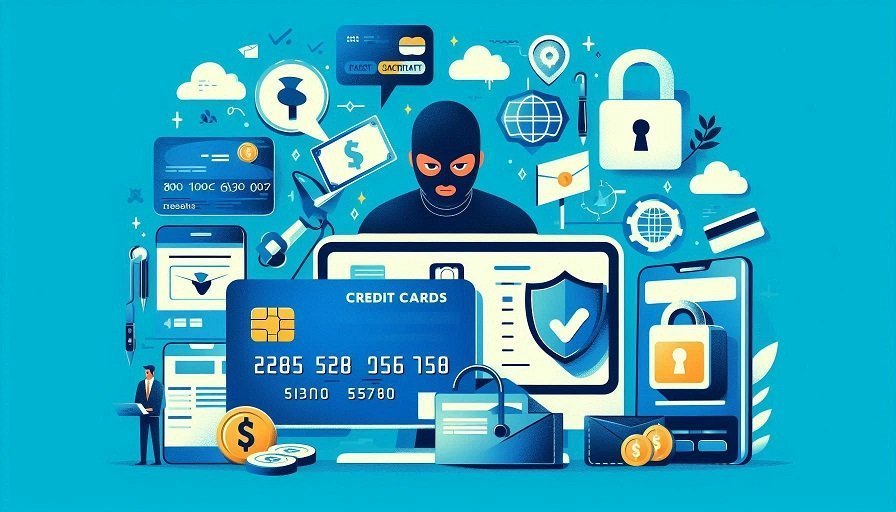In today’s digital age, credit cards have become an indispensable tool for managing finances and making purchases. While they offer convenience and rewards, they also come with risks. Understanding how to use credit cards safely can protect you from fraud and financial pitfalls. Here are some essential tips for secure credit card usage:
1. Choose a Secure Credit Card Provider
Select a reputable credit card provider known for robust security measures. Look for features like EMV chip technology, which provides enhanced protection against card fraud.
2. Set Strong Passwords and PINs
Use unique, strong passwords for your online credit card accounts. Combine uppercase letters, lowercase letters, numbers, and special characters to create a complex password. Avoid using easily guessed information such as birthdays or names. Similarly, choose a PIN that is hard to guess and avoid sharing it with anyone.
3. Enable Alerts and Notifications
Most credit card providers offer the option to set up alerts for transactions. Enable these notifications to receive immediate updates about purchases, which can help you spot unauthorized transactions quickly.
4. Monitor Your Statements Regularly
Review your credit card statements every month. Check for any unfamiliar transactions and report them to your credit card provider immediately. Early detection of suspicious activity can prevent significant financial loss.
5. Use Credit Cards Online with Caution
When shopping online, ensure that the website is secure before entering your credit card information. Look for the padlock symbol in the address bar and ensure the URL starts with “https.” Avoid making transactions on public Wi-Fi networks, as they can be vulnerable to hackers.
6. Be Aware of Phishing Scams
Phishing scams often involve emails or messages that appear to be from legitimate sources, asking for your credit card details. Be skeptical of unsolicited communications and do not click on links or download attachments from unknown sources. Always verify the sender’s identity before providing any personal information.
7. Keep Your Credit Card Information Private
Do not share your credit card information over the phone or via email unless you are certain of the recipient’s identity and trustworthiness. Be cautious when using your card in public places, and shield the keypad when entering your PIN.
8. Report Lost or Stolen Cards Immediately
If your credit card is lost or stolen, report it to your credit card provider immediately. They can cancel the card to prevent unauthorized use and issue you a new one.
9. Use Virtual Credit Cards for Online Purchases
Many credit card companies offer virtual credit cards, which provide a temporary card number for online transactions. This can help protect your real credit card number from being compromised.
10. Limit Your Credit Card Usage
Only use your credit card when necessary, and avoid carrying multiple cards with you. This reduces the risk of losing multiple cards and limits potential exposure to fraud.
By following these tips, you can enjoy the convenience of credit cards while minimizing the risks. Staying vigilant and proactive about credit card security can help you safeguard your finances and ensure peace of mind.

Nice and very good channel
Very nice very good
its awsome & use full too👍
very good application
application is also good feel